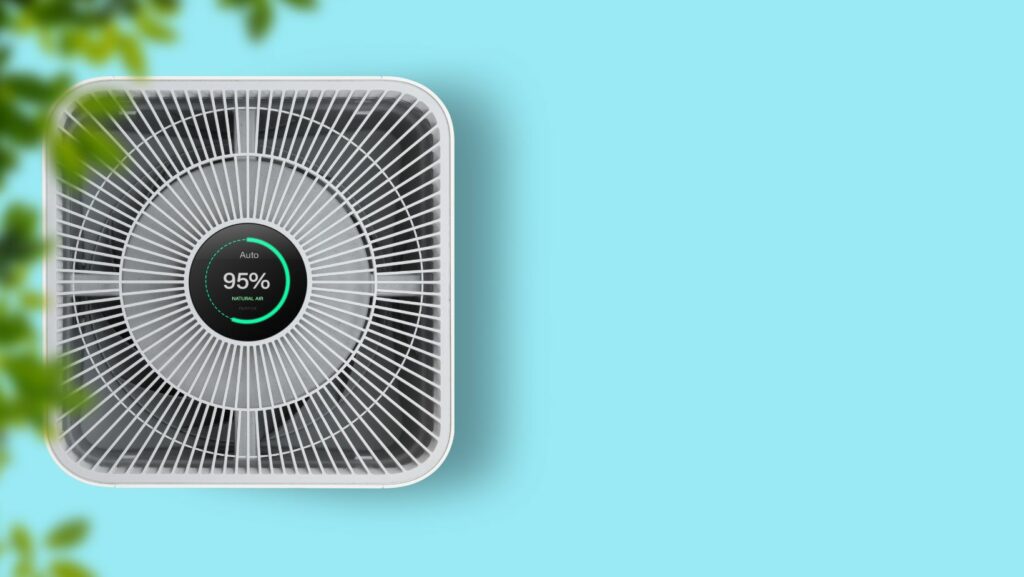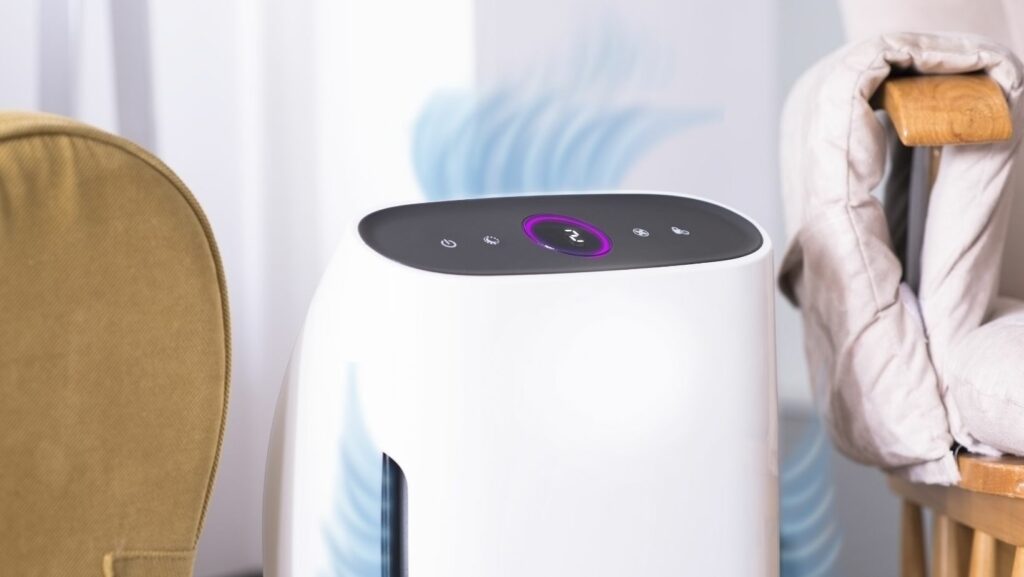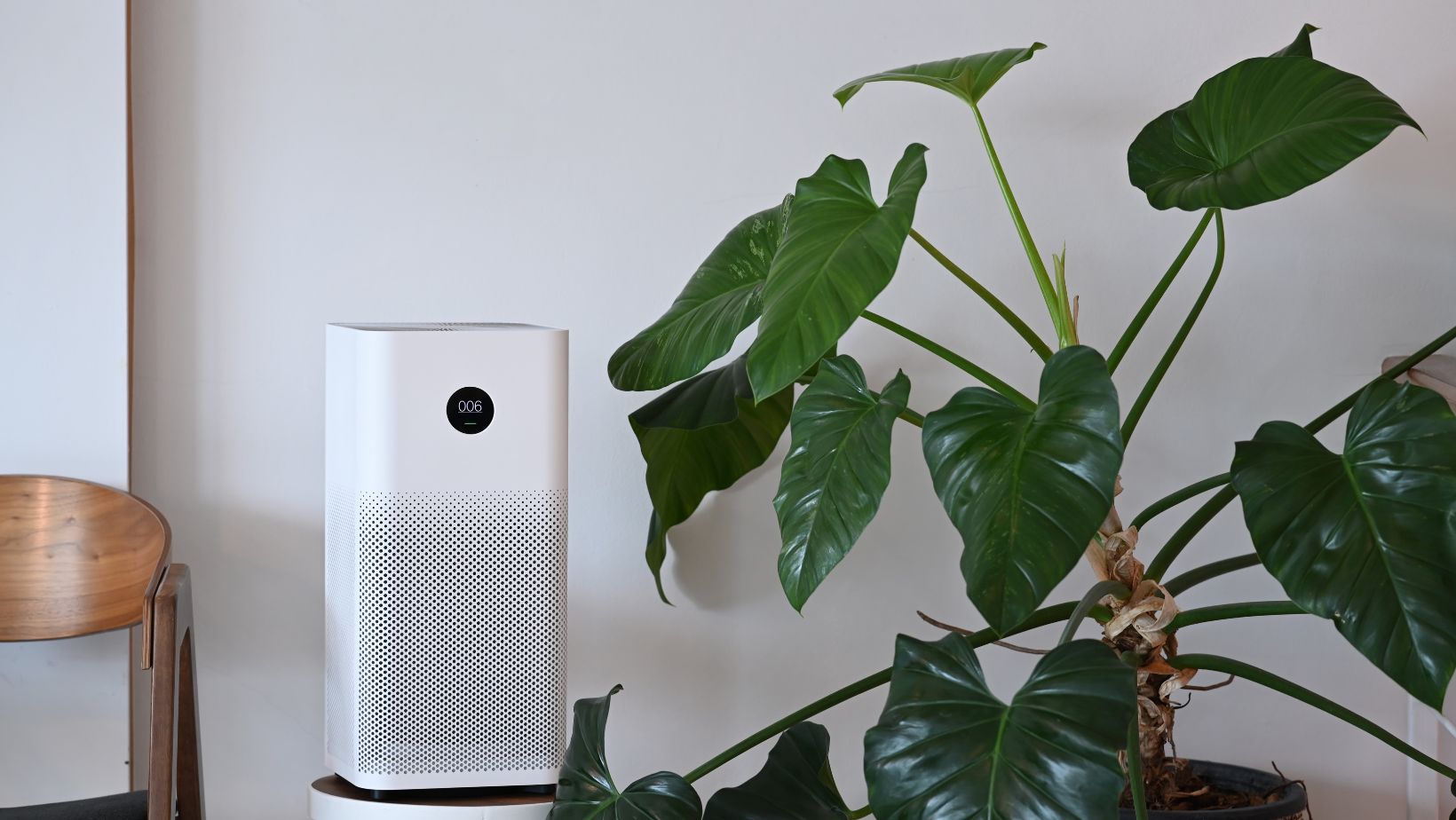When it comes to choosing the right appliance for your home, it can be tough to decide between a dehumidifier and an air purifier. Both have their own set of benefits, so it really depends on your needs. Here’s a quick rundown of the pros and cons of each, to help you make a decision.
Dehumidifier vs Air Purifier
Dehumidifiers and air purifiers are two popular ways to improve the quality of your indoor air. But what’s the difference between the two? Dehumidifiers remove moisture from the air, while air purifiers remove pollutants such as dust, pollen, and bacteria. Both devices can improve the quality of your indoor air, but they work in different ways.Dehumidifiers are typically used in rooms that are damp or humid, such as laundry rooms or basements. Air purifiers are typically used in rooms that have a lot of dust or other allergens, such as bedrooms or living rooms.
Both dehumidifiers and air purifiers have their own set of pros and cons. Dehumidifiers can be noisy and require regular maintenance, while air purifiers can be expensive and may not be effective at removing all types of pollutants. Ultimately, the best way to improve the quality of your indoor air is to use both a dehumidifier and an air purifier.
Which One is Better for Your Home – a Dehumidifier or an Air Purifier?
It’s a common question that people have when they’re looking to improve the air quality in their home – should they get a dehumidifier or an air purifier?

The answer isn’t necessarily straightforward, as it depends on a number of factors. In this article, we’ll explore the key differences between dehumidifiers and air purifiers, and help you decide which one is better for your home.
Dehumidifiers vs Air Purifiers: The Key Differences
The key difference between dehumidifiers and air purifiers is that dehumidifiers remove moisture from the air, while air purifiers remove airborne particles such as dust, pollen and pet dander.
Moisture in the air can lead to a number of problems in your home, such as mold growth, musty odors and dampness. If you live in a particularly humid climate, or if you have issues with moisture in your home (such as leaks or condensation), then a dehumidifier can help to improve the air quality and make your home more comfortable.
On the other hand, if you’re mainly concerned with removing airborne particles from your home – for example, if you suffer from allergies or asthma – then an air purifier will be more effective. Air purifiers work by drawing airborne particles into a filter, where they are trapped and eventually removed from the air.
Dehumidifiers vs Air Purifiers: Which is Better for Your Home?
As we mentioned above, the answer to this question depends on a number of factors. If you’re mainly concerned with removing moisture from the air, then a dehumidifier is the better option. However, if you’re mostly concerned with removing airborne particles, then an air purifier is probably a better choice.
Another factor to consider is cost. Air purifiers tend to be more expensive than dehumidifiers, so if budget is a concern then this may also influence your decision.
How do Dehumidifiers and Air Purifiers Work?
Dehumidifiers remove moisture from the air, while air purifiers filter out airborne particles like dust and pollen. Both devices can improve the indoor air quality in your home, but they work in different ways.
Dehumidifiers reduce humidity levels by drawing in moist air and passing it over a cold coil. This causes the water vapor in the air to condense on the coil, and the resulting water is collected in a reservoir. Air purifiers, on the other hand, work by drawing in air and passing it through a filter. The filter traps particles like dust, pollen, and pet dander, and cleans the air before it is released back into the room.
Air purifiers are often used to treat allergies or asthma, as they can help to remove triggers from the air. Dehumidifiers are often used in humid climates or in homes with dampness issues, as they can help to reduce mold growth.

The decision of whether to buy a dehumidifier or an air purifier (or both) depends on the specific needs of your home. If you live in an area with high humidity, a dehumidifier can help to reduce the humidity level in your home and prevent the growth of mold and mildew. On the other hand, if you are concerned about indoor air pollution, an air purifier can remove pollutants from the air, such as dust, pollen, and cigarette smoke.



